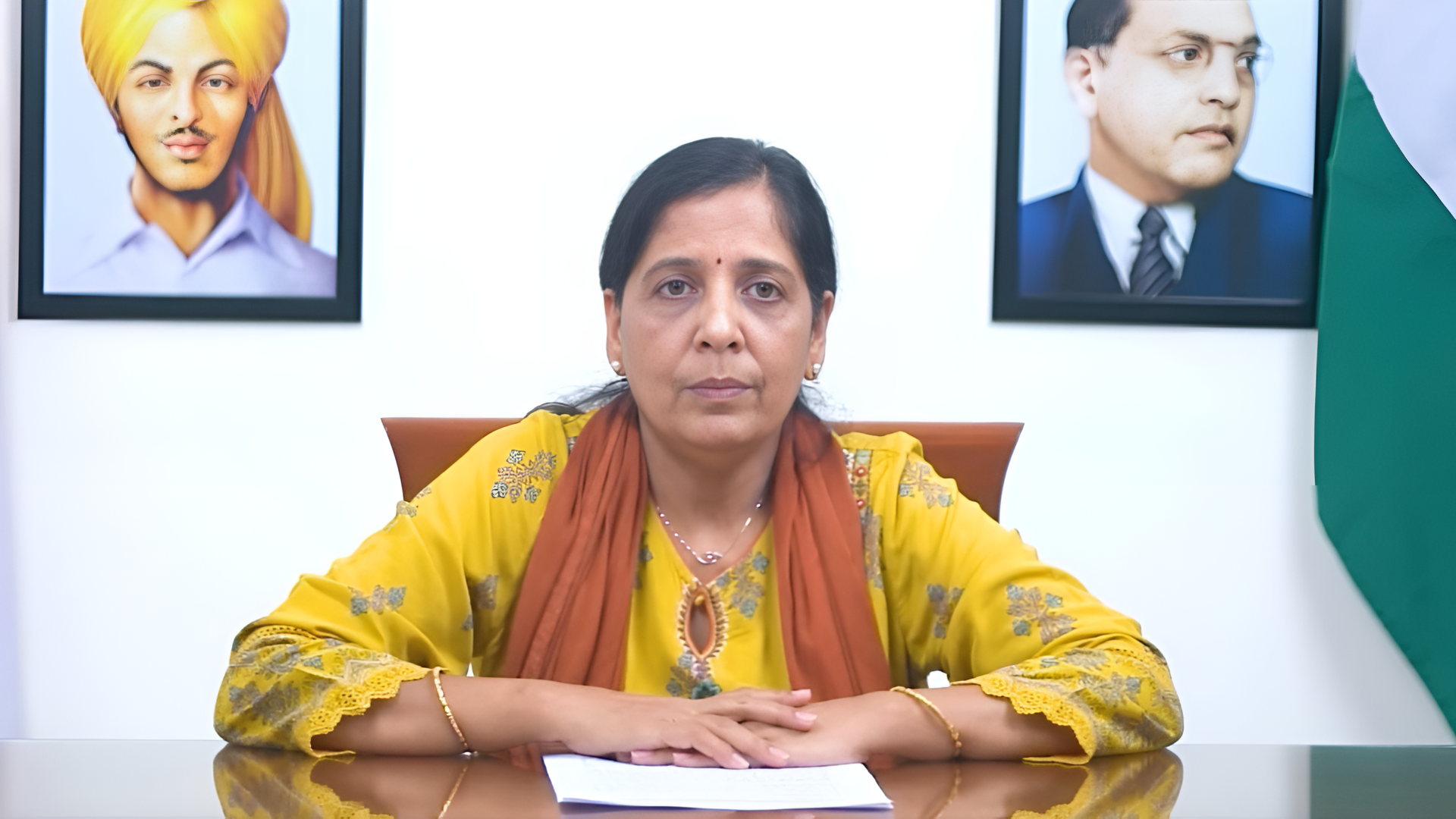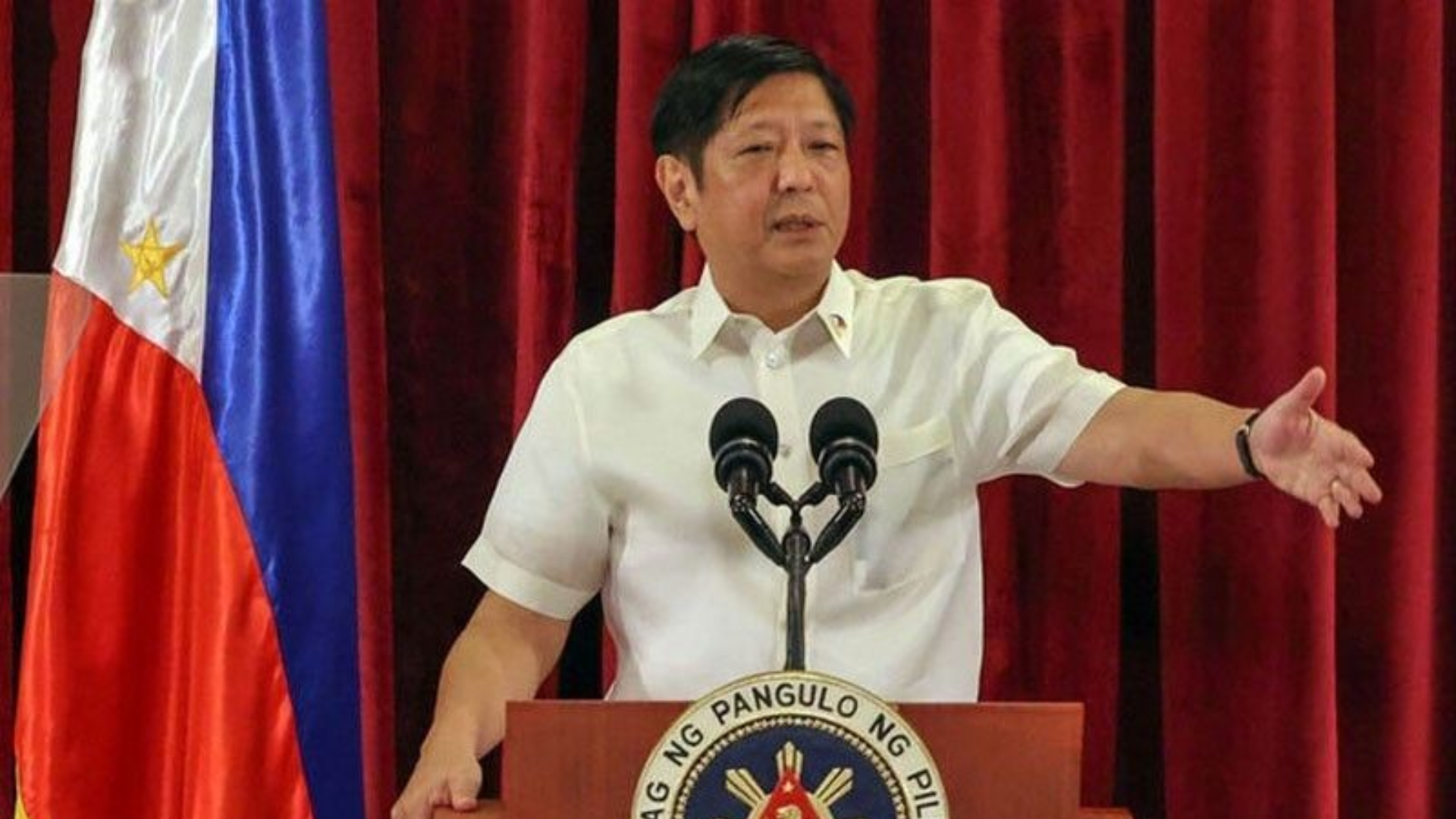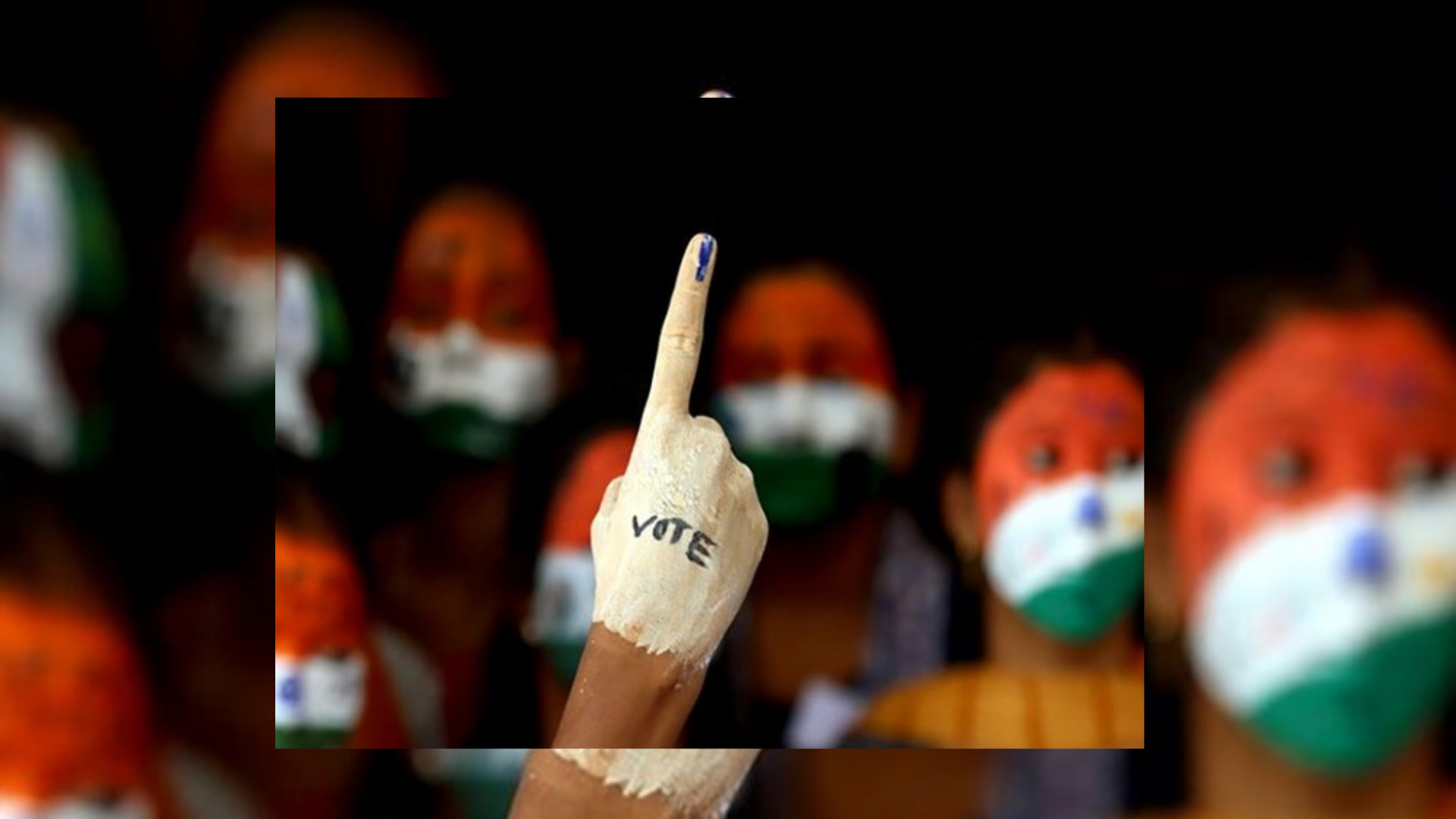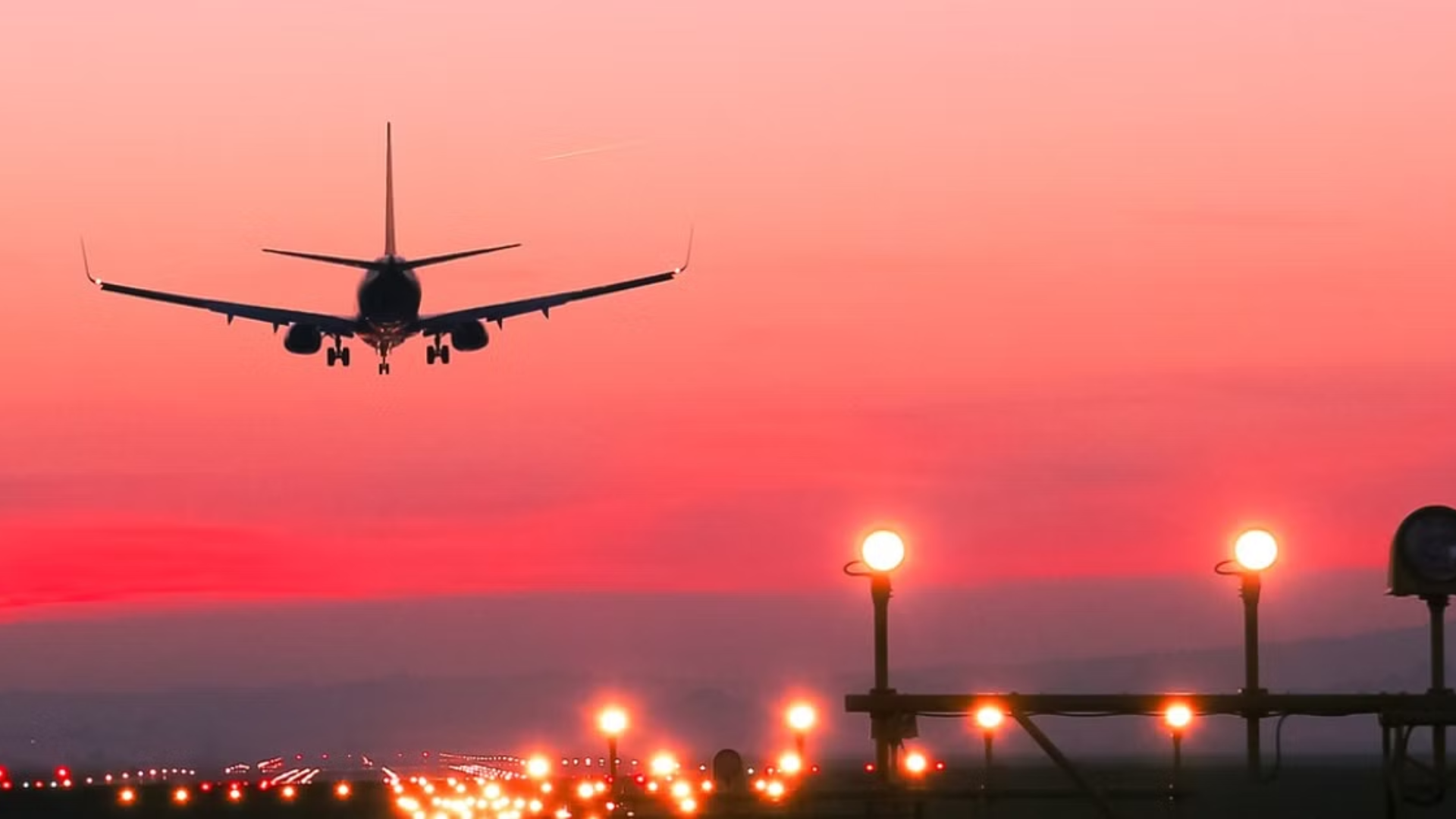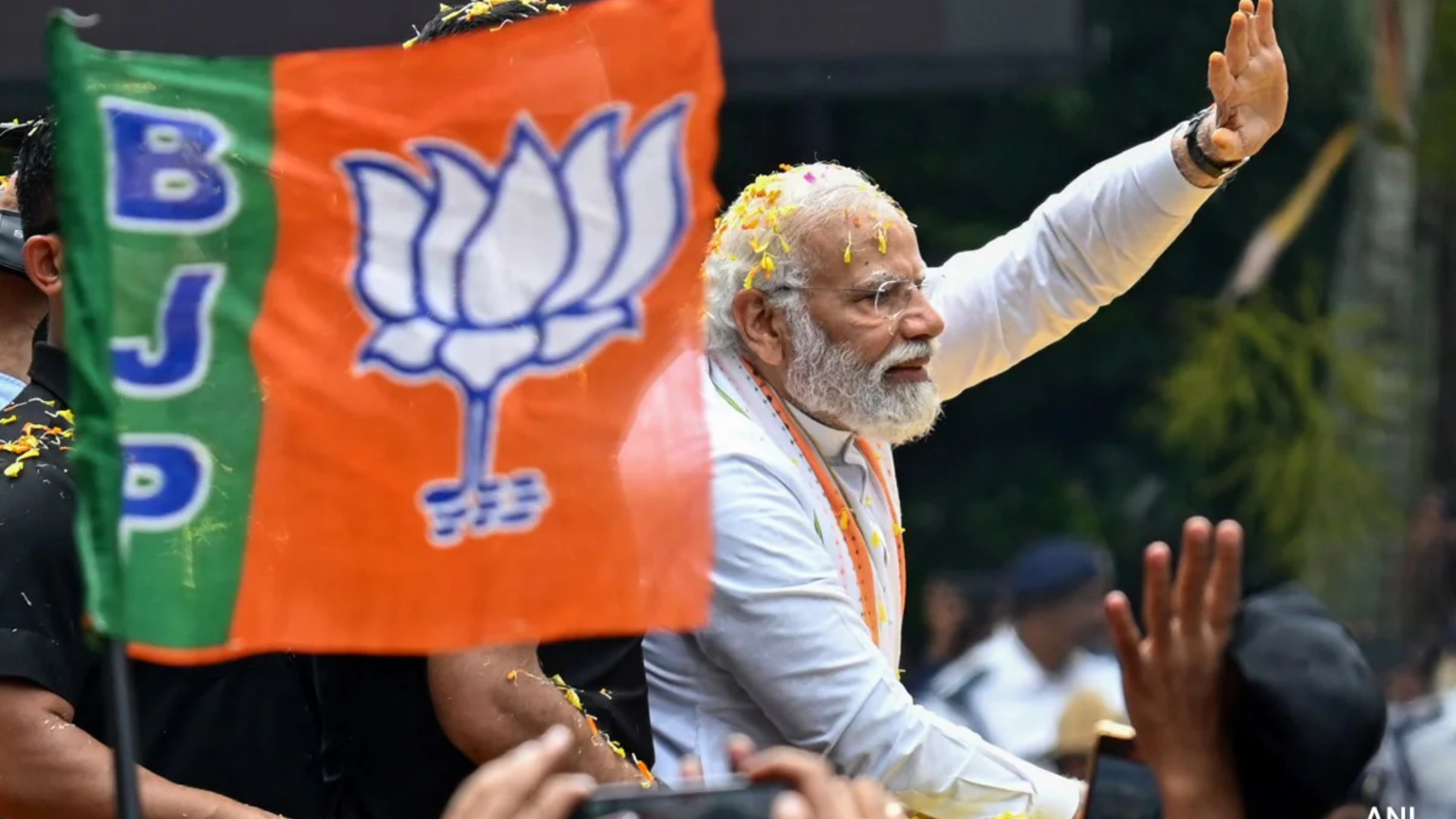


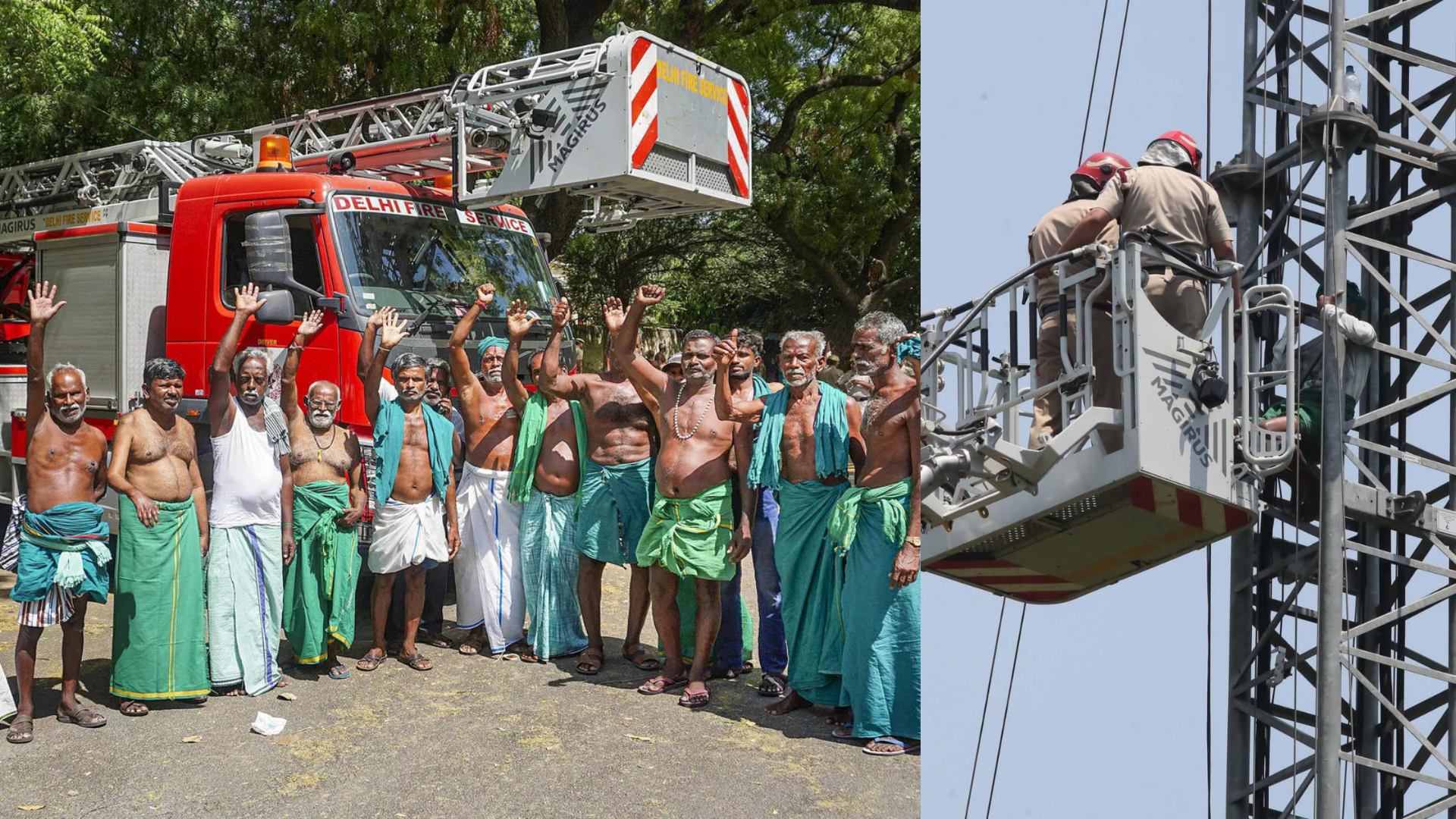
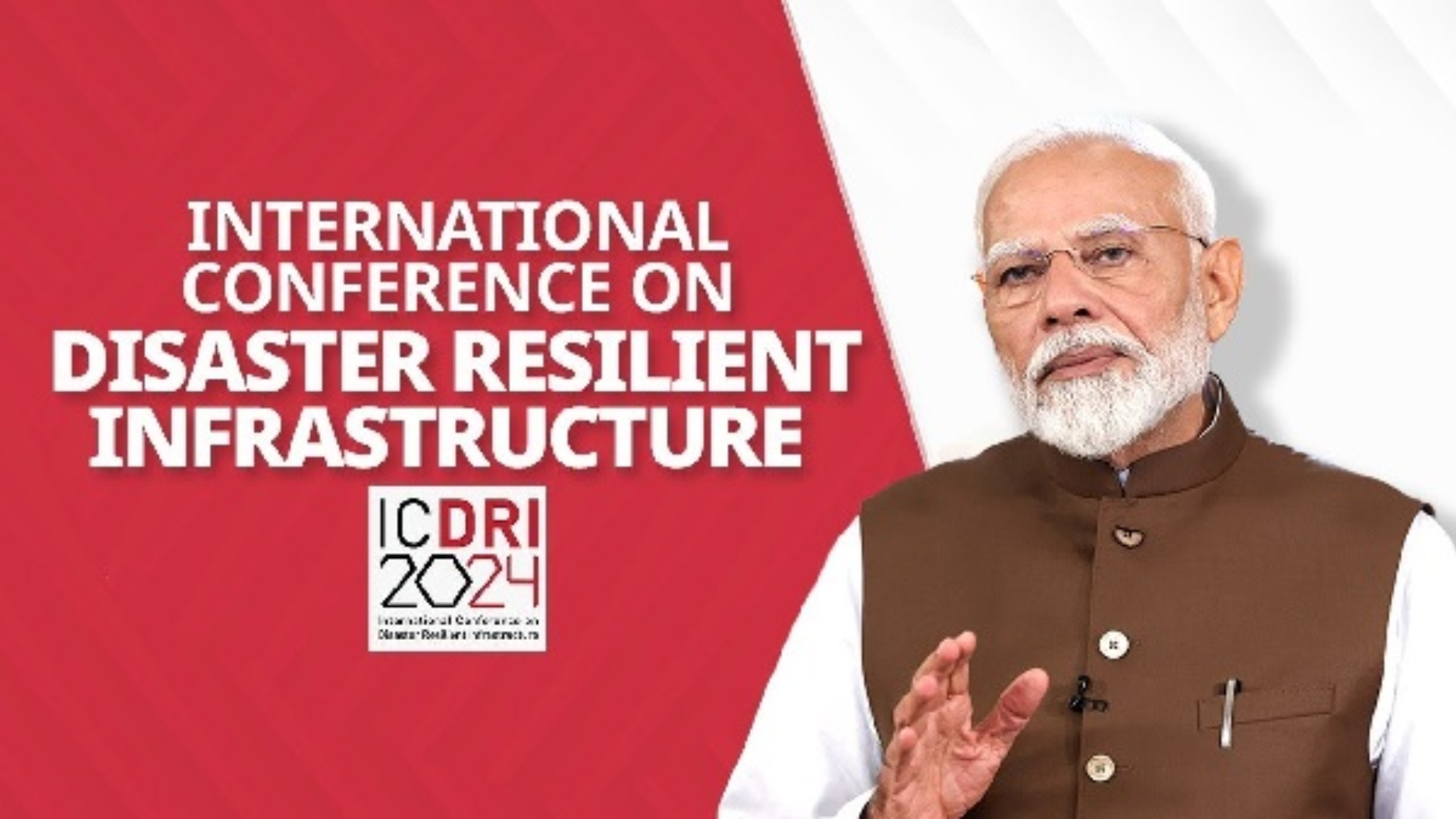
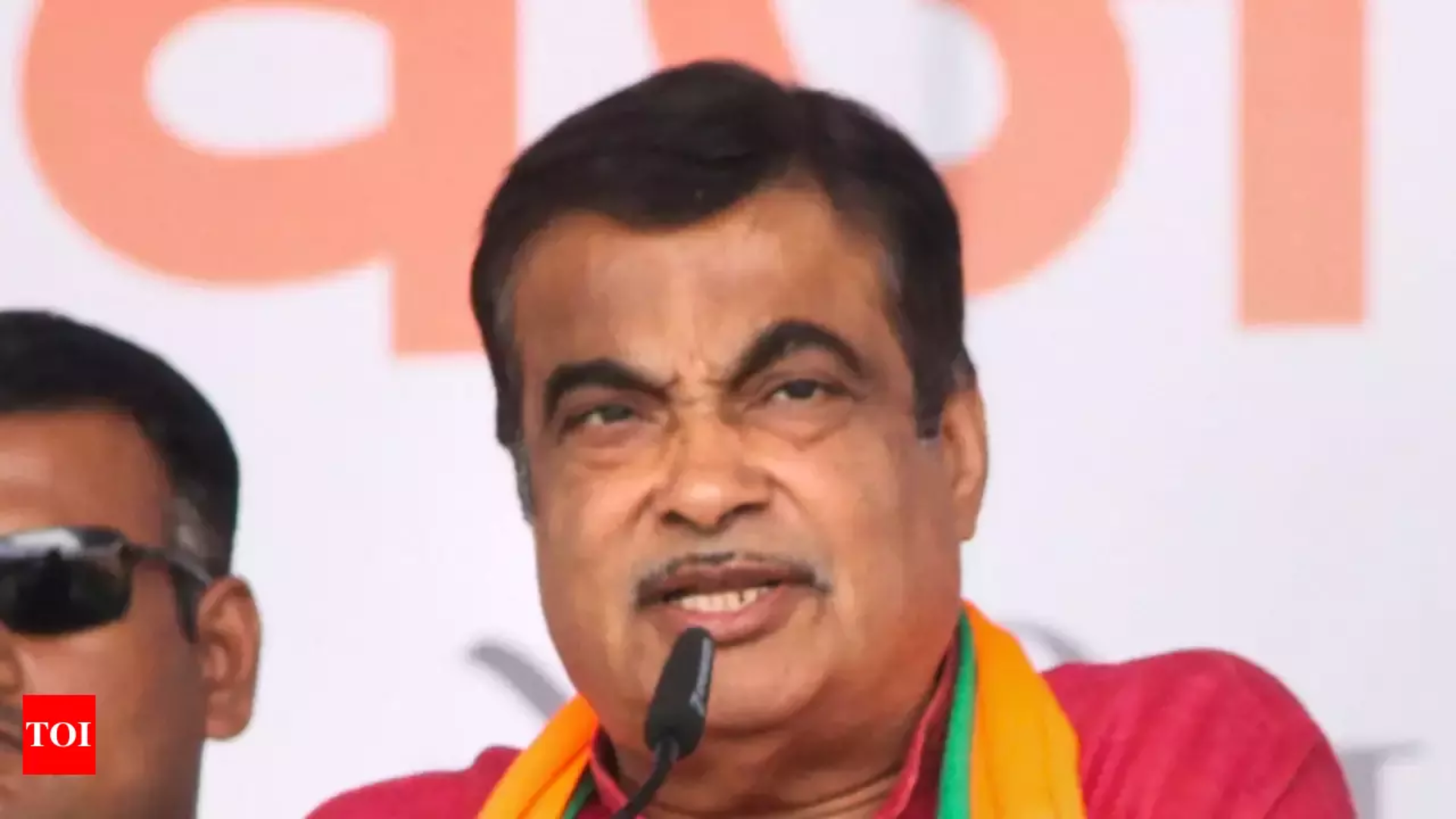
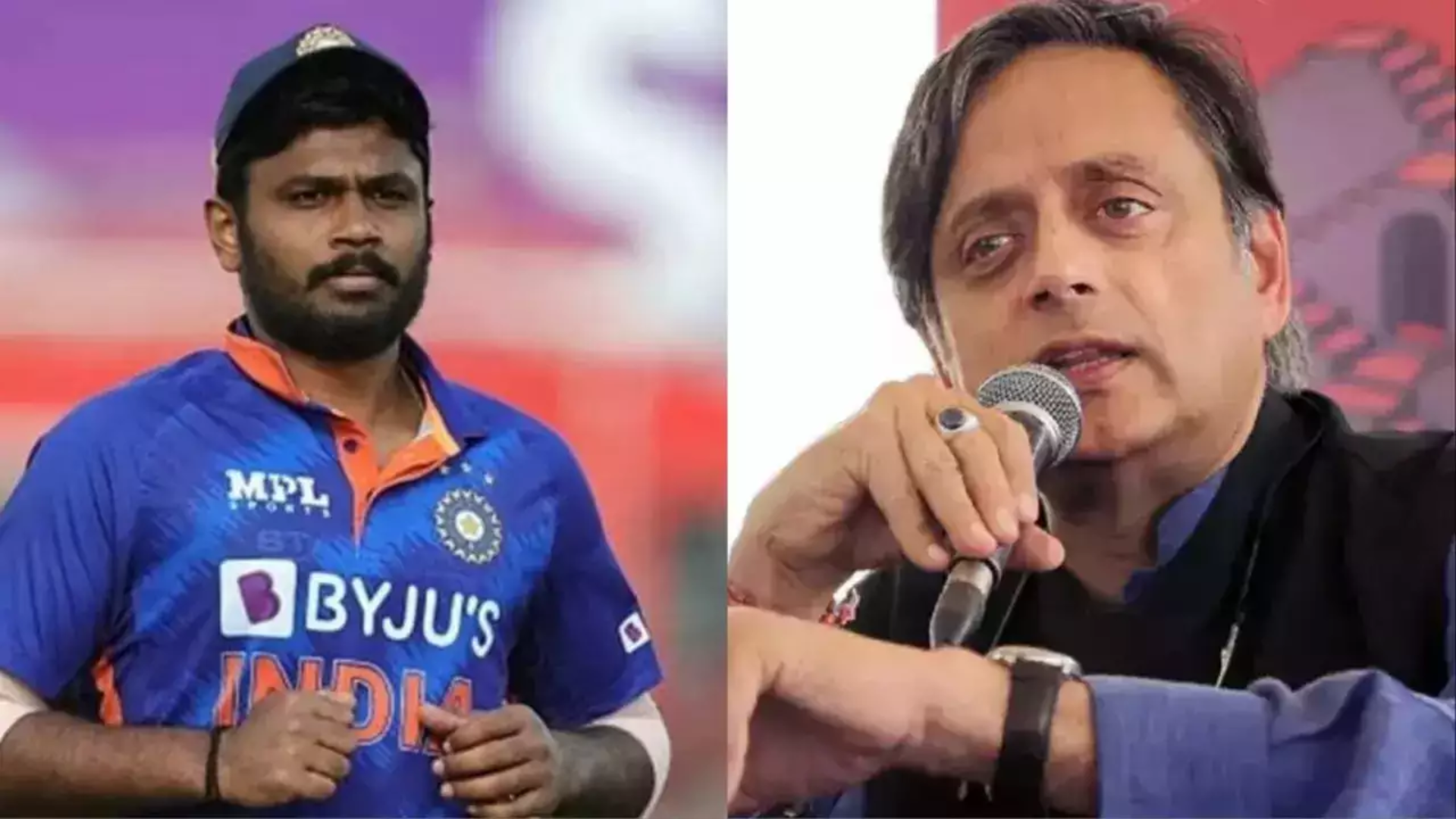
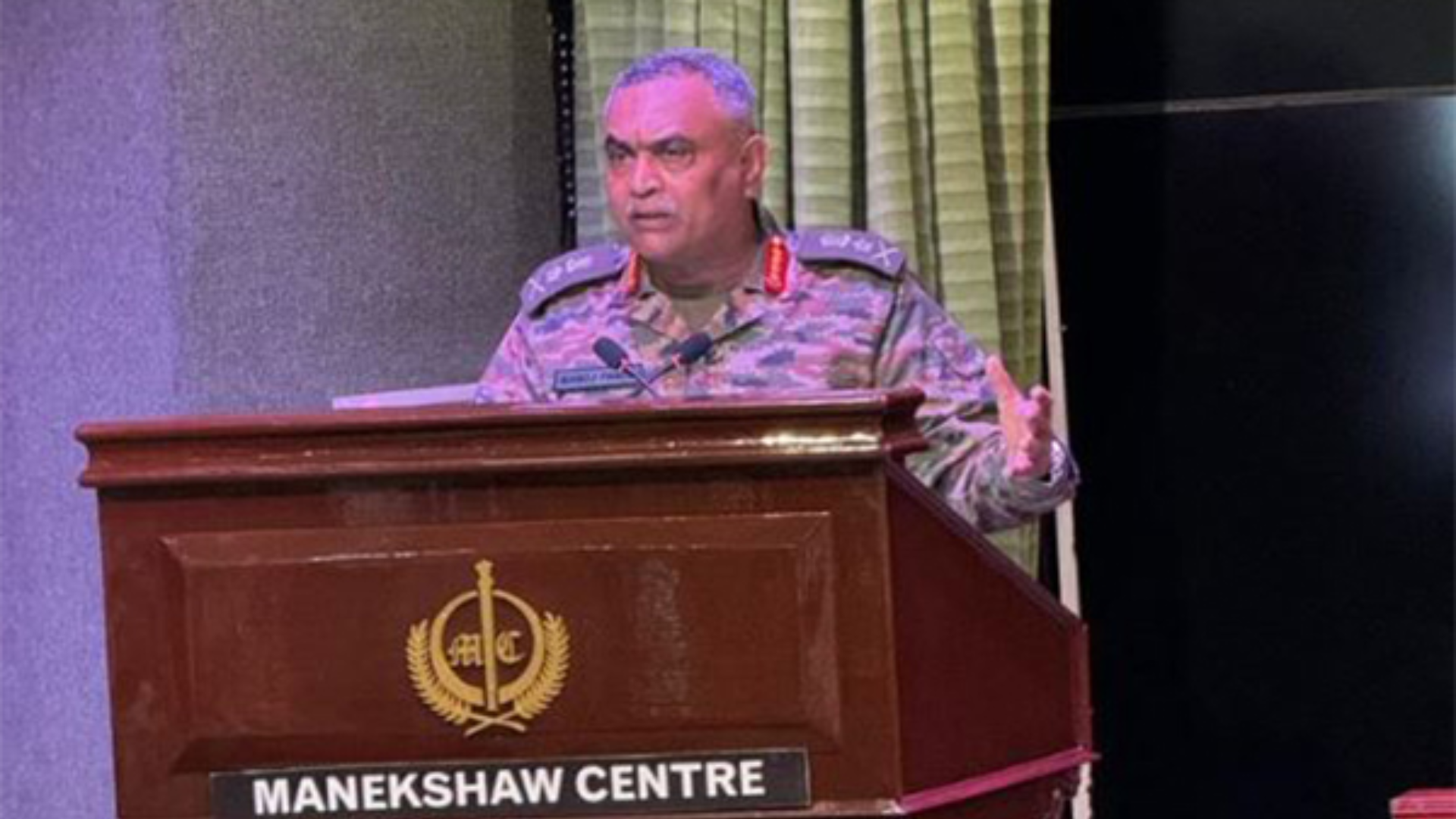
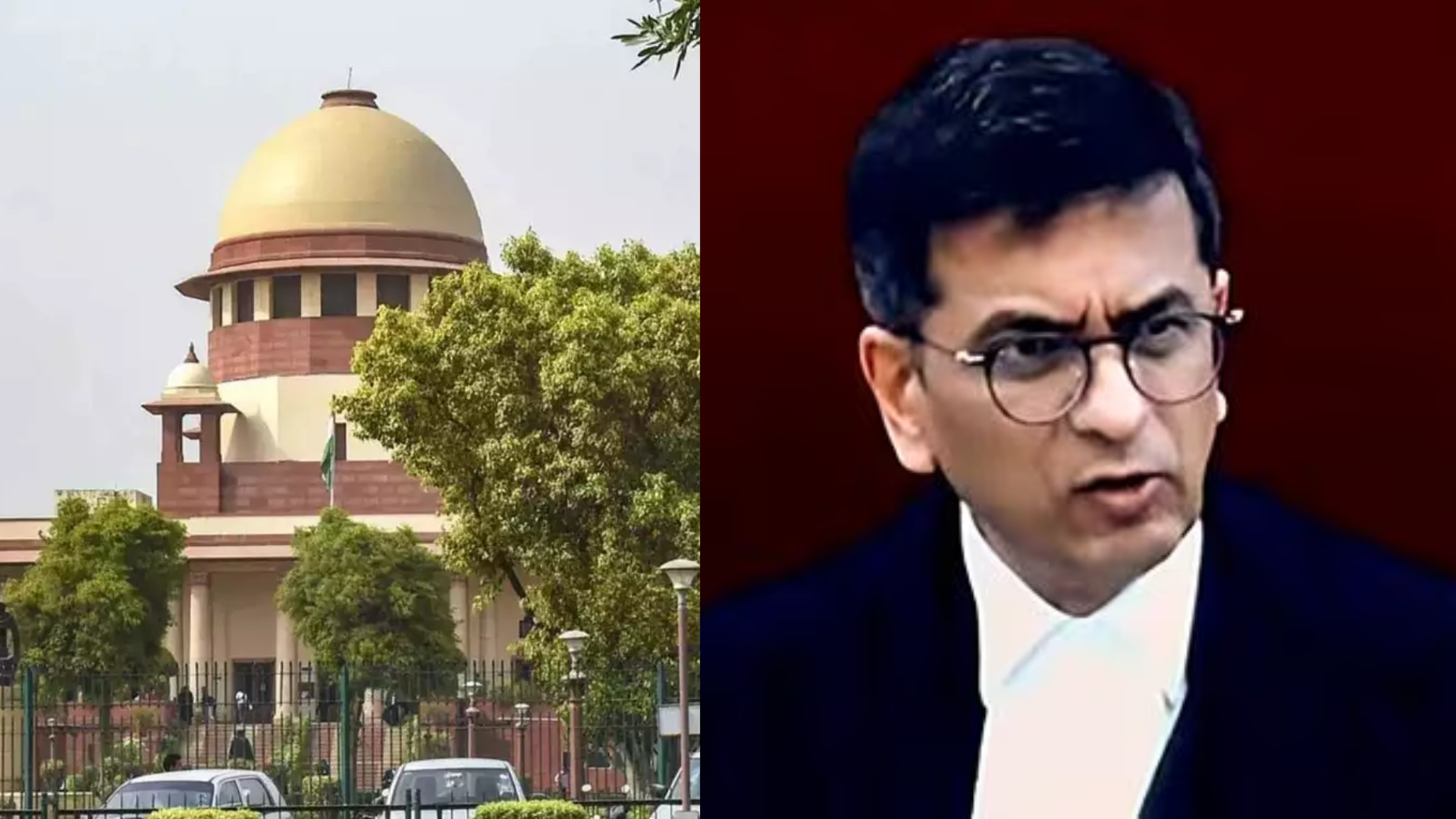
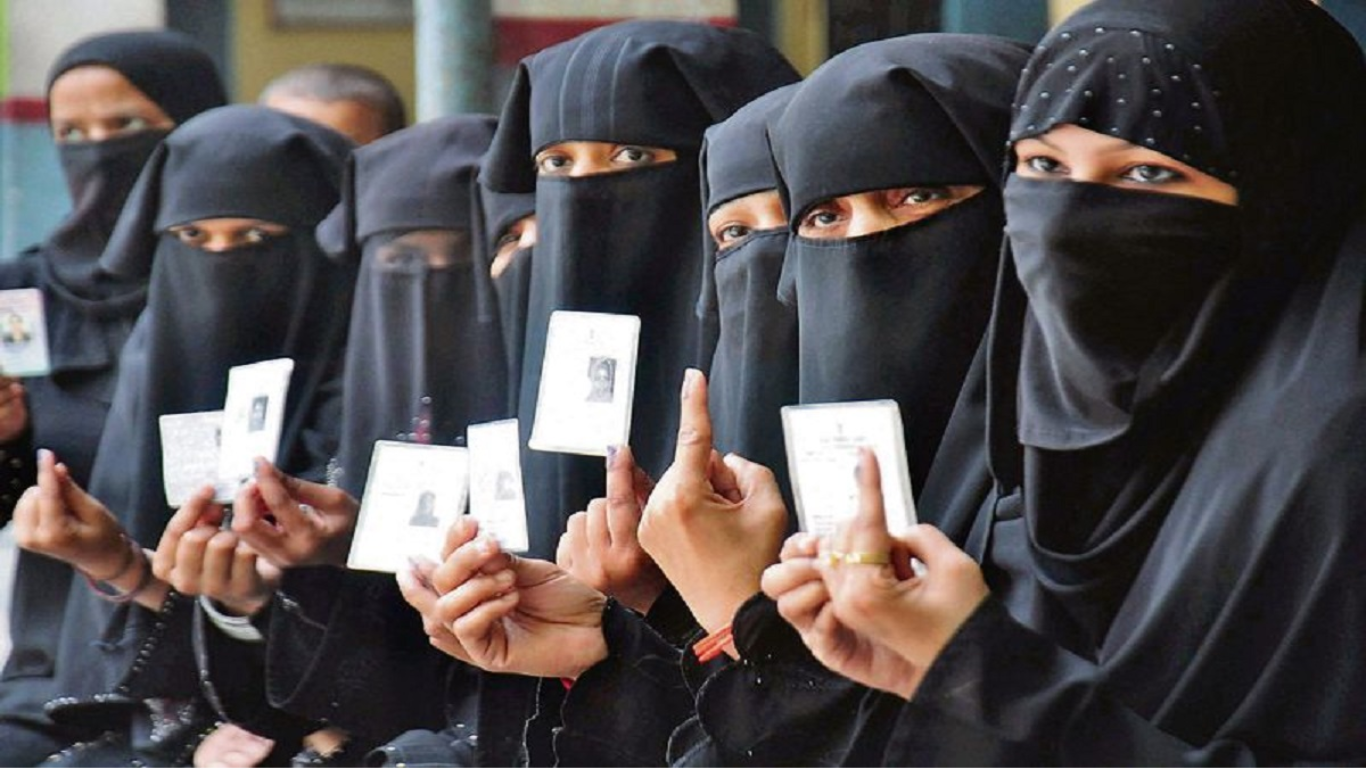
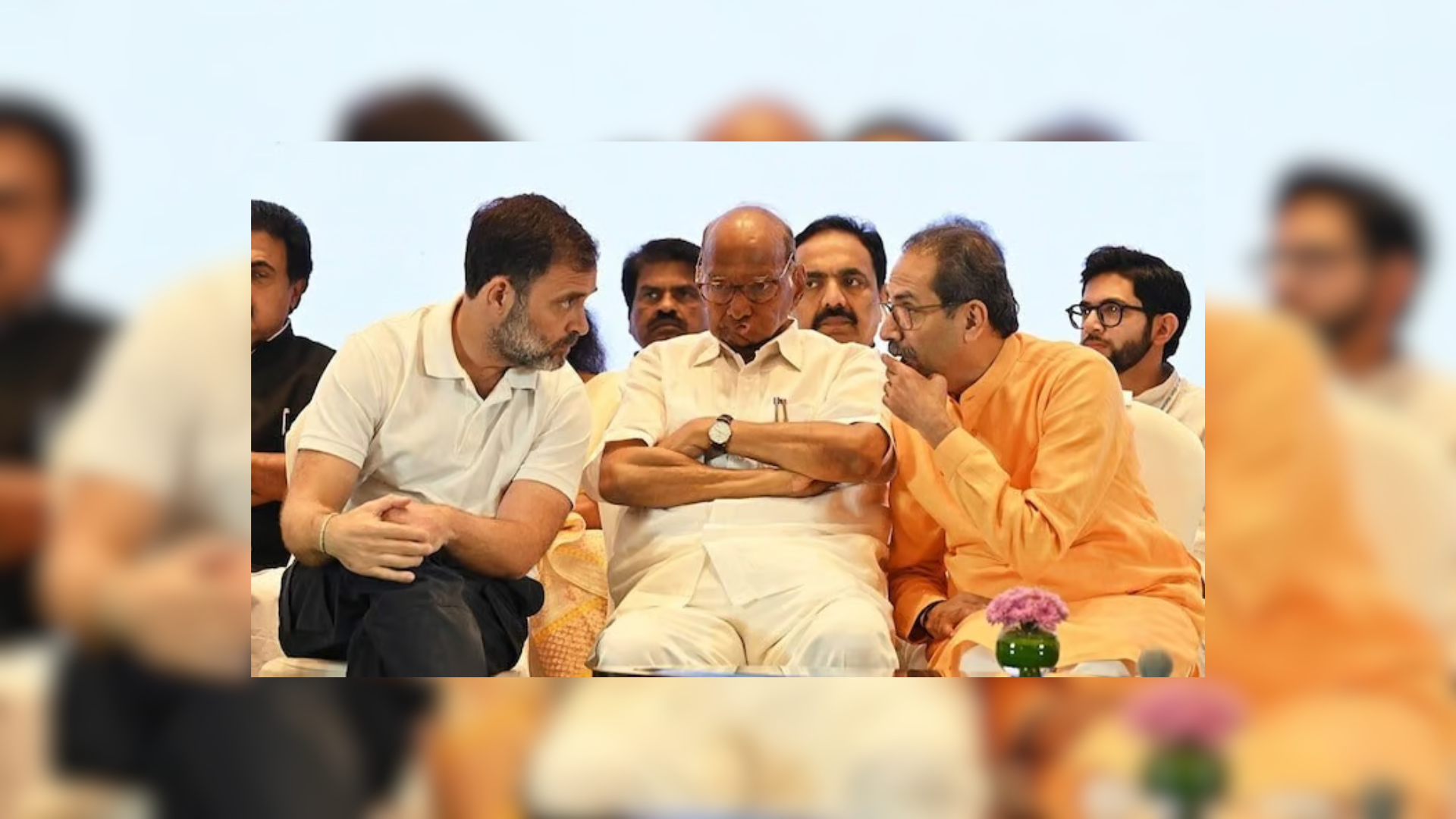
The Maha Vikas Aghadi (MVA), comprising the Opposition INDIA bloc, has reached a significant agreement for the upcoming Lok Sabha elections in Maharashtra. According to the finalized seat-sharing deal, Uddhav Thackeray’s Shiv Sena (UBT) faction will lead the charge with 21 contested seats. Alongside, the Congress party will vie for 17 seats, while the Nationalist Congress Party (NCP), under the leadership of Sharad Pawar, will contest in 10 constituencies.
The announcement of this seat-sharing arrangement was made jointly by Uddhav Thackeray, NCP (SP) chief Sharad Pawar, and Maharashtra Congress unit president Nana Patole during a press conference in Mumbai. Thackeray expressed, “Everybody wishes to fight for seats. There is nothing wrong with it. Winning should be given priority.”
In the detailed breakdown of the allocation, the Shiv Sena (UBT) has managed to retain the significant seat of Sangli. On the other hand, Bhiwandi, a contentious seat, has been secured by the Congress party.
The Lok Sabha elections in Maharashtra are scheduled to take place across five phases on April 19, 26, and May 7, 13, and 20, covering all 48 constituencies in the state.
The MVA’s seat-sharing agreement follows a period of internal friction within the alliance, particularly concerning unresolved negotiations over key seats. Congress leader and former Maharashtra Minister Naseem Khan had previously expressed the party’s desire for a “friendly fight” in six Lok Sabha seats. This sentiment arose after Shiv Sena (UBT) announced candidates for 17 seats before the finalization of the seat-sharing deal, leading to discontent among Congress workers.
In response, Shiv Sena (UBT) leader Sanjay Raut emphasized that “friendly fights” would only serve to benefit the BJP in the crucial national polls.
The seat-sharing deal also comes in the wake of Prakash Ambedkar’s Vanchit Bahujan Aghadi (VBA) withdrawing from negotiations. The VBA, known for its substantial support among Dalit communities, had initially sought five seats, later increasing the demand to nine. However, talks between the tripartite alliance and VBA did not culminate in an agreement.
Despite these challenges, the MVA has moved forward with its seat-sharing agreement, aiming to secure victory in the upcoming Lok Sabha elections. The alliance has emphasized the goal of defeating the BJP and ensuring a strong representation for Maharashtra in the Parliament.
The detailed breakdown of seat allocations and the agreement signals a united front from the MVA, which includes prominent parties like Shiv Sena (UBT), Congress, and NCP. With preparations underway for the elections, candidates from these parties are gearing up to contest across Maharashtra’s diverse constituencies.
The MVA’s finalized seat-sharing deal reflects a strategic move to maximize the alliance’s electoral prospects, keeping in mind the diverse demographics and political landscape of the state. As Maharashtra prepares for the Lok Sabha elections, all eyes are on the MVA candidates as they embark on their campaign trail to secure victory in the upcoming polls.

